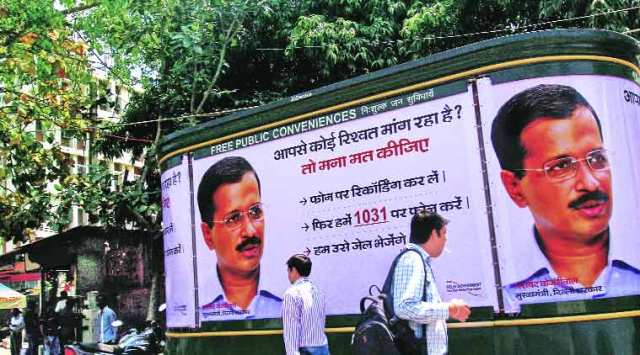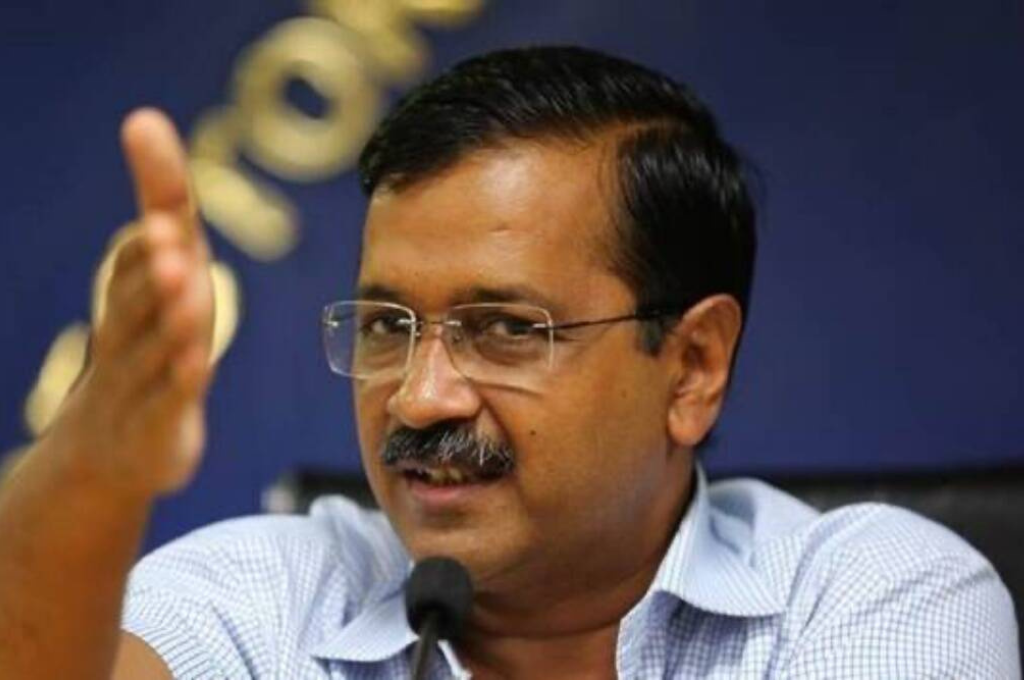Oh, Arvind Kejriwal, the once-shining star of Indian politics and founder of the Aam Aadmi Party (AAP), who promised to bring us a new era of politics “for the common man, by the common man.” It’s a shame that the dazzling brand he so carefully built is now crumbling faster than a house of cards.
1. Corruption, anyone? Kejriwal, the valiant anti-corruption crusader, has now found himself and his party’s top brass entangled in allegations of corruption and wrongdoing. Several AAP members faced allegations of financial mismanagement, including former Delhi Health Minister Satyendar Jain, who was accused of money laundering, the Deputy Chief Minister Manish Sisodia is involved in liquor scam involving defrauding the government of millions in income from excise duty of liquor. Both of them are in jail on the charges of corruption while the name of Arvind Kejriwal is also coming as being part of the conspiracy. It’s truly ironic how the knight in shining armour who pledged to fight against corruption is now being accused of the very same vice he vowed to eradicate.
2. The not-so-humble ad mogul:

Image source: indianexpress.com
Remember how Kejriwal portrayed himself as a down-to-earth leader who would always prioritize public welfare over self-promotion? Well, it turns out that he’s quite the advertising connoisseur, splurging on ads to project an image of grand success. According to a report in The Indian Express, the Delhi government spent ₹526.74 crore on advertisements between 2015 and 2017, a stark contrast to the ₹25.25 crore spent by the previous government. And we naively believed that those small things were indeed huge successes!
3. The education “revolution”: Kejriwal’s much-lauded education model, which was supposed to transform the lives of millions of children, has turned out to be more of a disappointing magic trick. The Delhi government’s claims of a 98.1% pass rate for Class 12 students in 2020 were debunked when the Central Board of Secondary Education revealed the actual figure to be 88%. Poof! The illusion of a revolutionized education system has vanished, leaving the public wondering if they were duped by an elaborate political show. Articles were published or rather planted in newspapers like New York Times to showcase the great education model of Delhi. The reality comes out to be far from what is claimed.
4. Healthcare? More like “where’s the care?”: The world-class healthcare system that Kejriwal so proudly proclaimed has been exposed as a crumbling, dysfunctional mess. The Mohalla Clinic project, intended to provide free primary healthcare services, fell short of its target of establishing 1,000 clinics by 2016, with only 450 operational by 2020. Moreover, during the COVID-19 pandemic, Delhi’s healthcare system faced severe criticism for inadequate infrastructure, mismanagement, and a lack of transparency in data reporting. It seems like the world-class label might have been a bit of an overstatement.
5. The not-so-frugal spender: Last but not least, Kejriwal, the man who claimed to represent the common man, was caught spending a whopping $6 million on the renovation of his official residence, that too during the peak COVID time. Talk about hypocrisy! The public is understandably outraged and demanding answers. So much for being a down-to-earth leader, huh?
6. The master of lies and slander: Kejriwal has proven himself to be quite the creative storyteller, especially when it comes to maligning the image of the Prime Minister of India. He’s thrown around derogatory and unparliamentary language, even accusing the PM of having a fake degree. The irony is that many of his own party leaders lack a solid educational background. In 2015, AAP’s former Law Minister Jitender Singh Tomar was arrested for possessing a fake law degree. Talk about the pot calling the kettle black!
7. The U-turn artist: Kejriwal, the master of broken promises, has taken more U-turns than a lost GPS system. Before becoming the Chief Minister of Delhi, he swore in writing that he would live like a common man and not indulge in extravagance. However, his actions have contradicted his promises, leaving the public feeling betrayed by his well-hidden luxurious lifestyle. Notably, he took a U-turn on his promise of not taking any support from the Congress party to form the government in Delhi in 2013, and eventually did so with their support.
In the world of brand building, Kejriwal’s story serves as a cautionary tale of how quickly a carefully curated brand can come crashing down when actions don’t align with the image. The once-admired brand of Kejriwal, the humble and clean politician, has been dismantled by his very own deeds. It seems that in the end, the “common man” politician turned out to be not so common after all.












